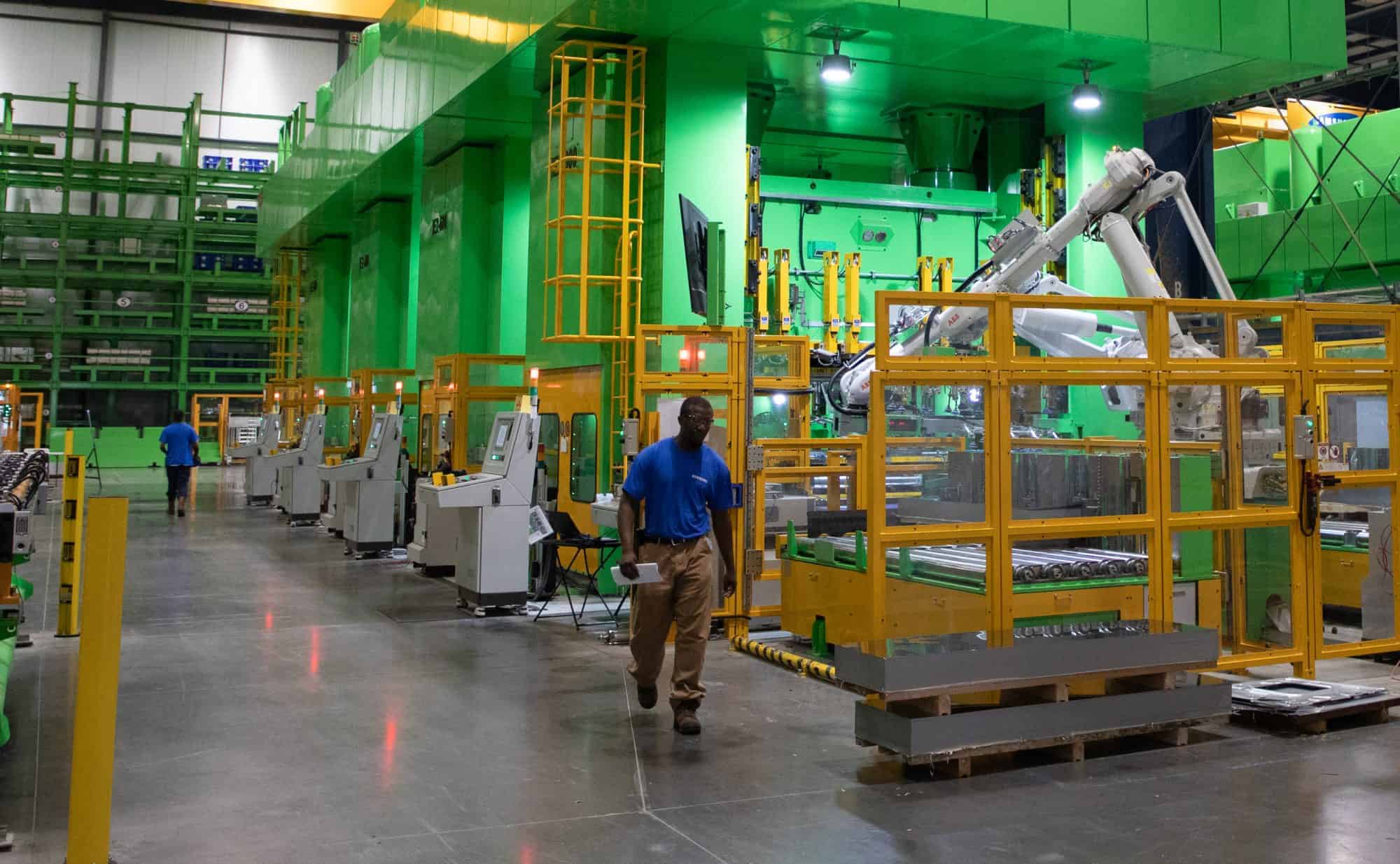Manufacturers Urge Quick, Vital Action on Ex-Im Bank Reauthorization

Today, more than 200 companies and organizations called on the U.S. House and Senate to pass a “robust and long-term reauthorization” of the Export-Import Bank before its charter expires at the end of September.
As the U.S.’ official export credit agency, the Ex-Im Bank’s mission is to support American jobs through facilitating U.S. exports. Since 2000, the Ex-Im Bank has supported nearly $450 billion in exports from thousands of mostly small- and medium-sized companies and helped support over 2.5 million American jobs.
The Ex-Im Bank has become more important in recent years given the rise of other countries’ export credit agencies, from China’s three agencies to those in Germany, Canada and beyond, making Ex-Im Bank a vital tool to level the playing field internationally for industries in the United States that need to increase foreign export sales to continue creating well-paying American jobs.
“With more than 100 foreign export credit agencies seeking to help their industries and workers win sales at the expense of ours, manufacturers and their American workers need Congress to do its job and secure a long-term and robust reauthorization of the Ex-Im Bank before the end of September,” said Linda Dempsey, Vice President of International Economic Affairs Policy at the National Association of Manufacturers. “Failure to act quickly will put billions of dollars in exports and tens of thousands of manufacturing jobs at risk.”
Kimberly Reed, who serves as the Chairman and President of the Ex-Im Bank, joined the NAM this week for a roundtable on the Bank’s importance to agricultural and manufacturing exports, explaining how the Ex-Im Bank can provide support for businesses of all sizes in the agriculture and manufacturing sectors.
Manufacturers across the U.S. know that allowing the Ex-Im Bank’s charter to lapse would put our country’s businesses at a disadvantage in an increasingly global market, undermining future access to foreign customers. Even a short disruption can have serious effects; according to NAM estimates cited in the letter, when the lack of a board quorum curtailed the Ex-Im Bank’s activities in 2015, manufacturers in America lost $119 billion in output, resulting in 80,000 fewer American manufacturing jobs in 2016 and 2017 alone.
Reauthorization of the Ex-Im Bank has extensive, bipartisan support in Congress, reflected in the cosponsorship of the Export-Import Bank Reauthorization Act of 2019, which was introduced by Senators Kevin Cramer (R-ND) and Kyrsten Sinema (D-AZ) with broad backing. With the Bank’s charter set to expire, Congress has limited time to prevent a serious blow to manufacturing workers, farmers and other industries in America.
“With increasing headwinds in the U.S. and global economies, a long-term, robust Ex-Im Bank reauthorization is just the type of action businesses and workers need to create more certainty so that they can grow investment and operations across the country,” said Dempsey. “With American competitiveness and jobs on the line, there is no time to waste.”
